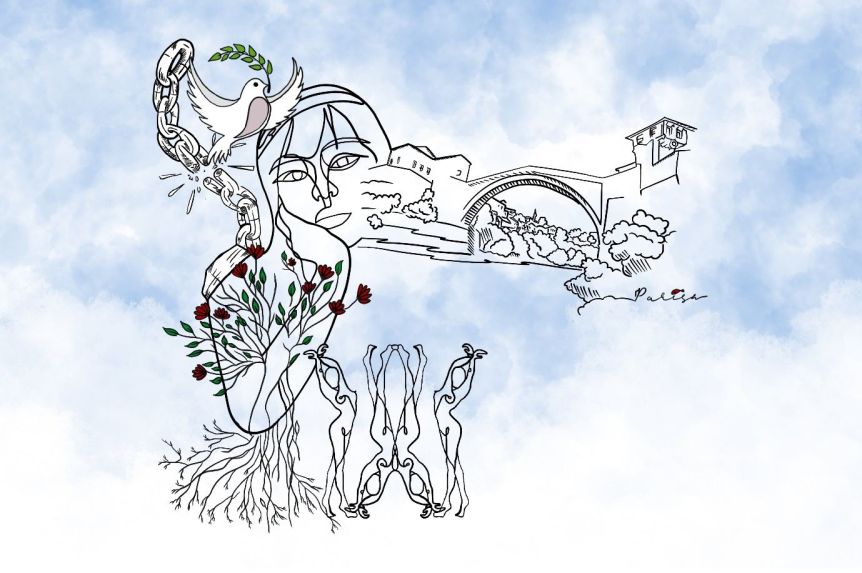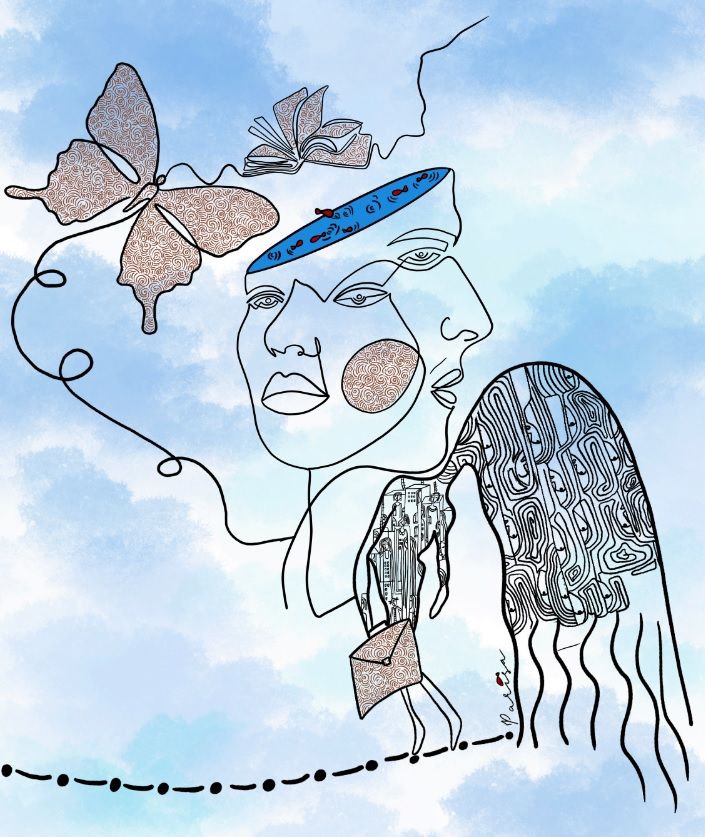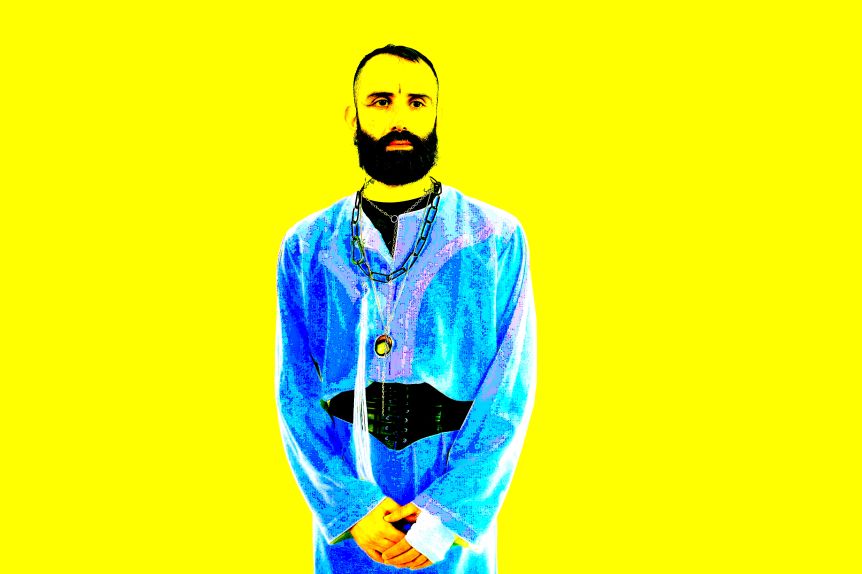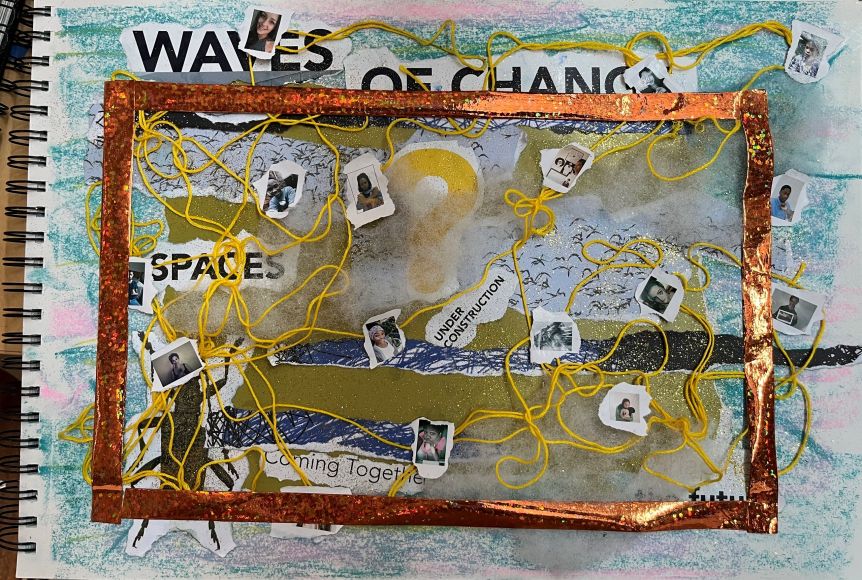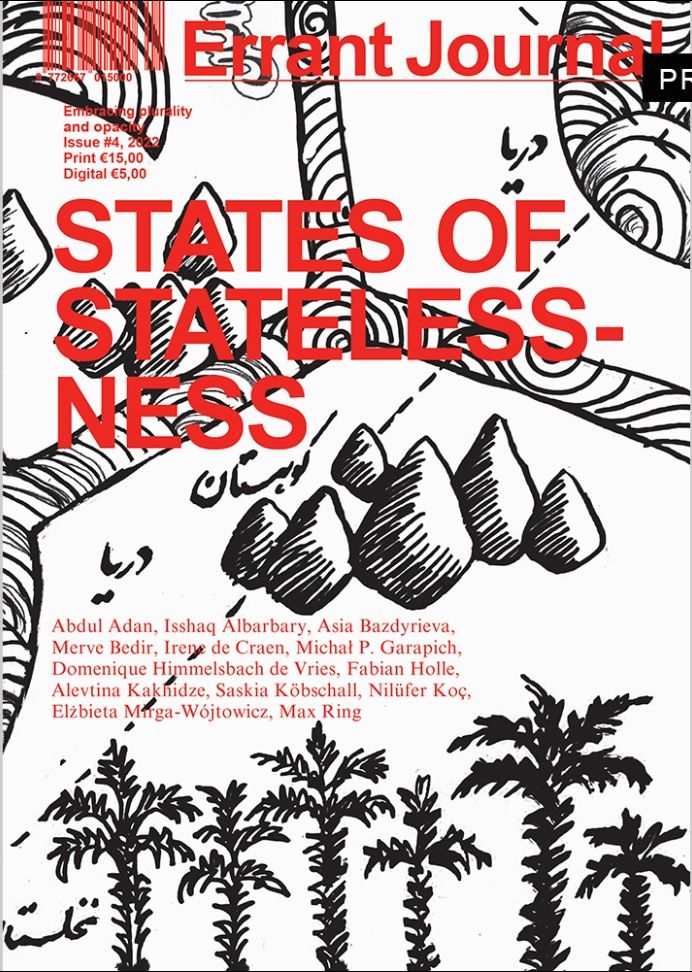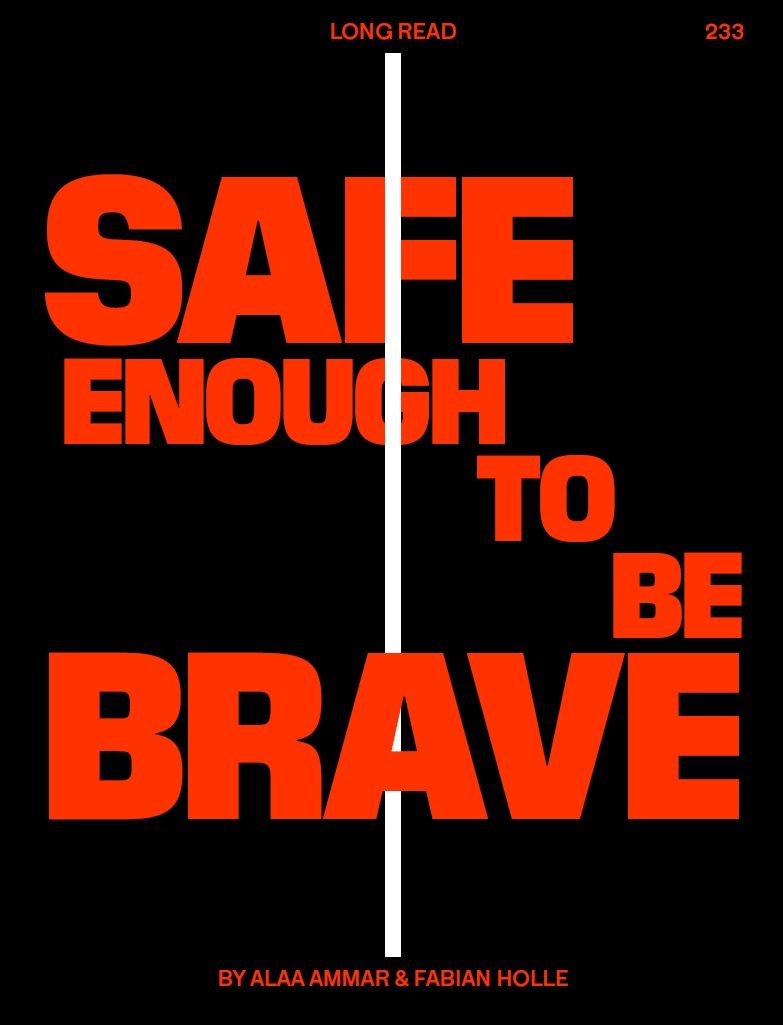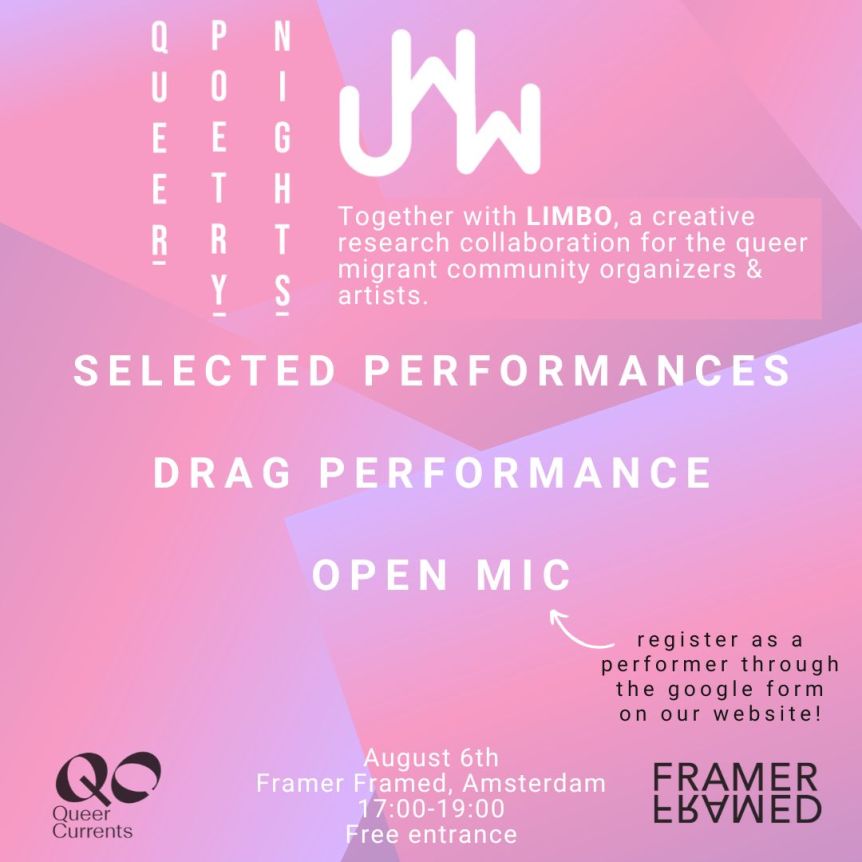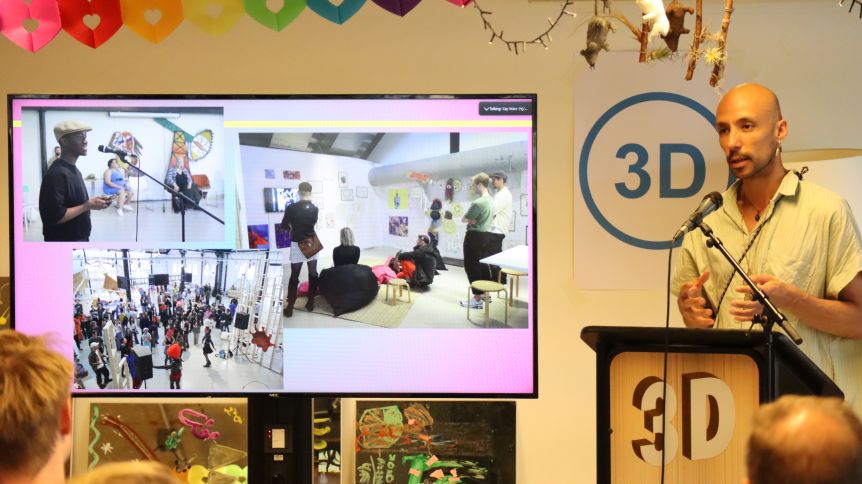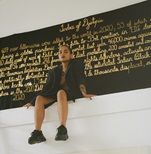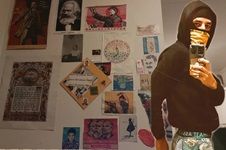In ‘Routes for Change’, PhD candidate Maria Charlotte Rast collaborated with a storytelling facilitator, a visual artist and people with a refugee background to develop a roadmap on how to co-create with newcomers in a meaningful and inclusive way.
The ‘asylum system crisis’ in 2015/2016 marked a significant shift in the refugee reception and integration landscape in the Netherlands. In the years before, refugees were seldomly part of public, political or academic discussions and Dutch asylum reception was strictly institutionalized and controlled by (semi-)governmental institutions. However, when the Dutch government failed to accommodate and receive increasing numbers of asylum seekers in 2015/2016, new actors stepped up and engaged with receiving, integrating and including newly arriving asylum seekers in society. Among these actors were civil society organizations, spontaneous neighborhood initiatives, local individuals, refugee-led initiatives, academic scholars and students as well as private sector entities. Suddenly, issues relating to refugees were catapulted to a prominent position on political, academic and societal agendas.
The asylum system crisis exposed the limitations of existing top-down reception and integration systems and highlighted the necessity of producing more sustainable, effective and community-based knowledge, policies and practices, not only to respond to the needs of people with a refugee background, but also to address taken-for-granted societal exclusionary structures.
The newly emerged actors then shook up the strictly institutionalized and restrictive refugee reception and integration landscape as they created spaces for newcomers to participate in society. Community centers were established; alternative accommodation opportunities were offered; university courses were opened up for newcomers; buddy projects to facilitate participation in education or the labor market were initiated; places for refugees to volunteer, follow an internship or work were created; and numerous scholars started to conduct research on challenges and opportunities of this newly established refugee reception and integration landscape.
What is more, actors in this new refugee reception and integration landscape (including governmental entities), started to recognize and advocate for the importance of involving newcomers themselves in shaping practices, policies and knowledge that directly affect newcomers’ lives. These actors therefore started to adopt co-creative approaches, aiming to develop solutions that are more equitable and responsive to newcomers’ needs, skills and ambitions. Co-creative endeavors first emerged in the disability-rights movement, which stated ‘Nothing about us without us’. Such approaches were then adopted in various fields of research, policymaking, service development and decision-making processes. The idea is that anything concerning a specific group should be developed in close collaboration with this group that is affected. By collaborating with people that are affected and acknowledging their insights, skills and agency, co-creative endeavors promise the development of solutions that are more responsive to newcomers’ lifeworld.
To name a few examples, within the Dutch refugee reception landscape, (local) governments established refugee advisory bords to co-create policies, civil society initiatives involved newcomers in co-creating their practices and academic scholars adopted co-creative research approaches to co-produce knowledge together with refugees.
However, actual co-creation is not easily achieved, considering that human encounters are always affected by assumptions, biases, stereotypes and unequal power relations. That is why, in the context of her research on challenges and opportunities of co-creation, PhD-candidate Maria Charlotte Rast has initiated ‘Routes for Change’.
Through 13 interviews and 3 workshop-sessions (in collaboration with storyteller facilitator Petra Ardai and visual artist Parisa Akbarzadeh Poladi), she explored together with people with a refugee background conditions that are necessary to co-create with newcomers in a meaningful and inclusive way. Together, they developed the roadmap ‘Routes for Change’.
The roadmap is meant for actors in the refugee reception and integration landscape who are aiming to co-create with newcomers. It entails recommendations around the following themes:
- Nothing about us without us
- Commit to redefining/diversifying stereotypical images of ‘refugees’
- Create a safe and sustainable space for connection
- Create a space for difference and criticism; share power
- Use creative methodologies
The roadmap is not published yet. An academic article describing the project and outcomes (regarding co-creation of knowledge in particular) will be published in the near future: Rast, M.C., Ponzoni, E. and Ghorashi, H. (2025). Exploring the Complexities of Transformative Scholarship through Engagement with Refugee Knowledge Co-Creators. In: Ghorashi, H., Ponzoni, E., Fiorito, T., Kisubi Mbasalaki, P. (Eds.) Transformative Engaged Scholarship in Migration: Towards a co-creative, caring, and reflexive migration studies. Springer: IMISCOE Research Series.
